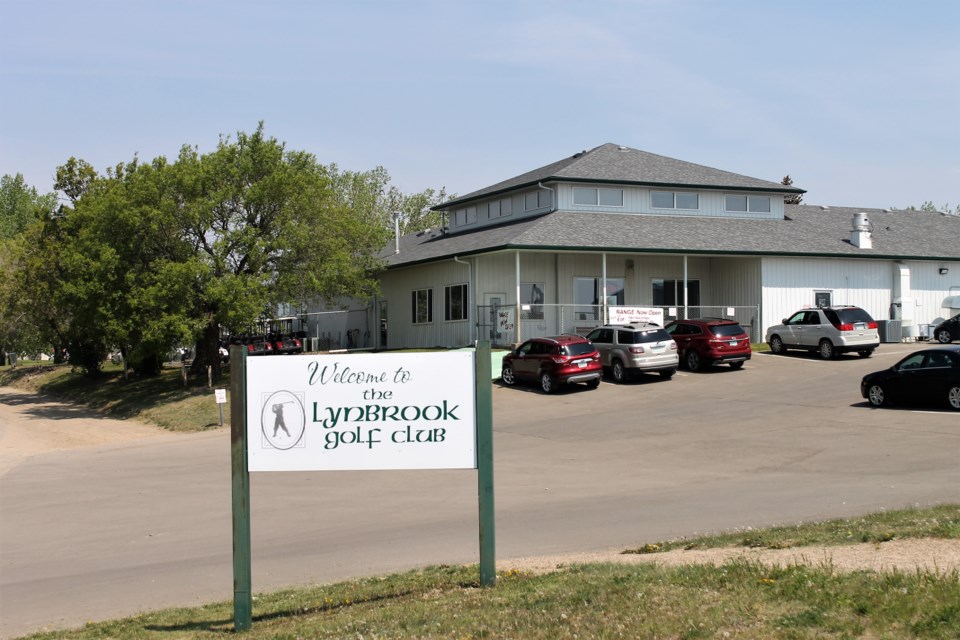The Hillcrest and Lynbrook golf clubs could soon receive some financial assistance from the City of Moose Jaw to counteract the effects of the pandemic.
During its recent executive committee meeting, council voted 6-1 to approve waiving the 2019 irrigation fees of $22,500 for both organizations, to enter into an agreement with both groups for water irrigation rates, and to calculate the rates based on a five-year rolling average that excludes the municipality’s cost for weed control.
Furthermore, council also agreed that the calculated rate be divided equally between the organizations, that city hall waive the administration fees since it doesn’t charge similar fees to maintain other fields, and that the agreement contains a clause saying council cannot guarantee the provision of water supply from Snowdy Springs if the infrastructure there becomes inoperable.
Coun. Brian Swanson was opposed.
The approved recommendations must now go to a regular council meeting for official approval.
“It’s important that we work in partnership with community assets such as golf courses,” said city manager Jim Puffalt. “This is a requirement we’ve seen in the last three (to) four months, that when taken away, it impacts people. They (residents) are looking forward to facilities being open again, such as rinks and golf courses.”
Costs to maintain
In a report to council, city administration provided background information on how much it has cost to operate the Britannia Park and Snowdy Springs pump houses during the last few years.
The cost to operate, maintain and repair the infrastructure, the cost to pump the water (power utility), and total costs have been:
- 2019: $6,909.71 / $23,649.23 / $30,558.94
- 2018: $8,572 / $22,792.43 / $31,364.43
- 2017: $4,413.24 / $22,806.49 / $27,219.73
- 2016: $2,153.37 / $9,527.85 / $11,681.22
- 2015: $4,882.38 / $23,183.80 / $28,066.18
- Five-year average: $5,386.14 / $20,391.96 / $25,778.10
The clubs' concerns
In a joint letter to city council, both golf courses explained why they need financial help. They pointed out that federal funding to help organizations during the pandemic does not apply to them since they are seasonal operations and do not pay taxes or rental fees.
The provincial government also placed restrictions on the way they operate as part of the reopening plan. Many of their sponsors have dropped off and they have made adjustments to lower memberships and green fees. They also cannot generate revenue from the food and beverage services, pro shop services, supplies, accessories, merchandise, or driving ranges.
There are also costs associated with providing a safe environment for employees and patrons, the letter said. The golf organizations expect revenue to be 30 per cent of their regular annual projected revenue. At the same time, they still need to operate at 100 per cent to maintain the courses and run operations properly.
The next executive committee meeting is Monday, July 13.




